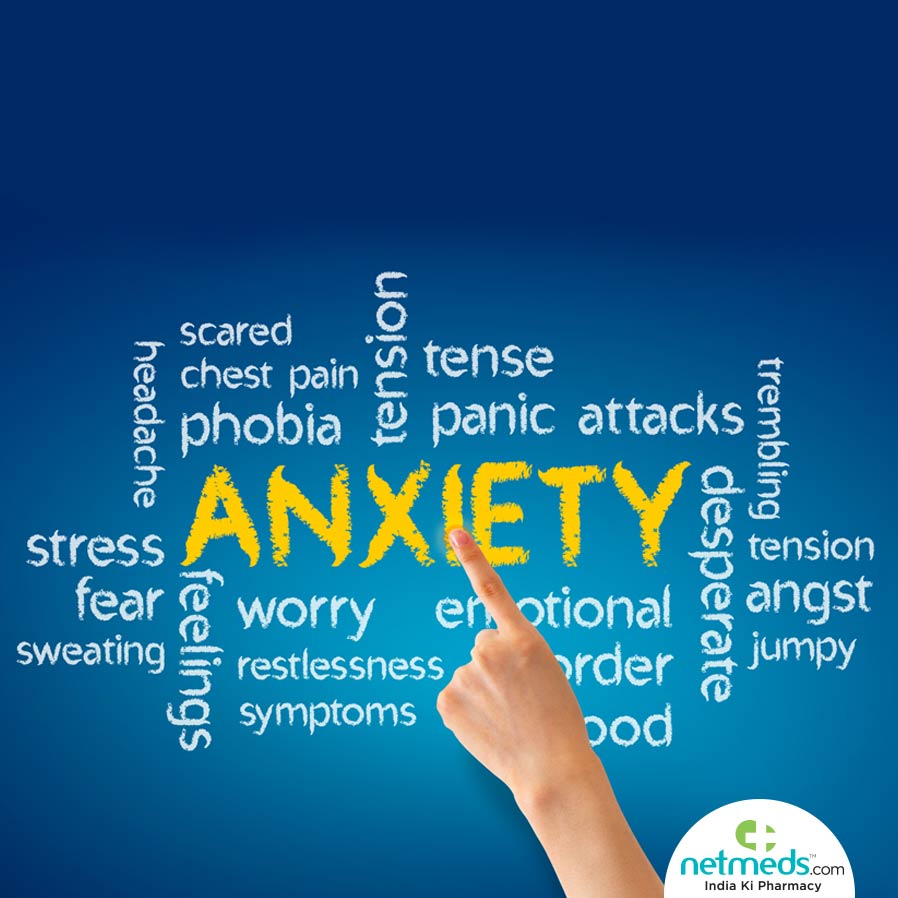Summary
As the world’s population ages, anxiety is becoming increasingly prevalent among the elderly and is one of the most significant mental health concerns. Anxiety disorders can significantly lower an older person’s quality of life and overall well-being, even though they are often misdiagnosed and untreated. This essay will address the complexities of anxiety in the older population, including its sources, effects, and management strategies.
Identifying Senior Anxiety
Excessive worry, uneasiness, and unease characterize a wide range of conditions known as anxiety disorders. Anxiety in older adults can look different from that of younger adults; it often coexists with depressive symptoms, cognitive decline, and physical ailments. in the common anxiety disorders in seniors are panic disorder, phobias, generalized anxiety disorder (GAD), and post-traumatic stress disorder (PTSD).
Anxiety in seniors can stem from a number of factors. Health problems such as pain, long-term illnesses, sensory impairments, and limited movement can exacerbate anxiety. Life transitions such as retirement, bereavement, unstable income, and social isolation also have a significant influence. Moreover, cognitive deficits associated with aging, such as memory loss and reduced executive function, may contribute to increased anxiety.
Seniors’ experiences with anxiety
Beyond just causing psychological suffering, anxiety has an impact on an aged person’s physical health, social interactions, and overall quality of life. Anxious elderly people are more susceptible to ailments such as cardiovascular disease and gastrointestinal problems. Furthermore, worry can exacerbate pre-existing medical issues, increasing the demand for and cost of medical care.
People suffering from anxiety may avoid social situations, participate in fewer community events, and experience tension in their relationships with friends and family. Feelings of isolation and loneliness can aggravate anxiety symptoms in older adults, creating a vicious cycle of discomfort and diminished functioning.
Moreover, anxiety in older adults is associated with cognitive loss and disability. Long-term anxiety increases the risk of developing dementia and moderate cognitive impairment (MCI), as well as cognitive aging. The cognitive symptoms of anxiety, such as problems with focus and memory, may make it more difficult for an older adult to live a normal, independent life.
Identification and Management of Anxiety in the Elderly
For many reasons, it might be challenging to diagnose anxiety associated to aging. First of all, since anxiety symptoms might overlap with those of other medical conditions, it may be difficult to differentiate between psychological and physical causes of anxiety. Additionally, elderly people may be less likely to report psychological symptoms due to stigma, fear of judgment, or ignorance about mental health issues.
Furthermore, healthcare providers might be less understanding of mental health issues in elderly people because their primary focus is on physical health issues. The sensitivity of anxiety disorder screening tools might not be sufficient to detect symptoms in the elderly, leading to an underdiagnosis and undertreatment of anxiety in this population.
Treatment barriers persist even after anxiety is diagnosed. These include difficulties with medication administration, the stigma attached to mental illness, and limited access to mental health services. Elderly people may have unique hurdles when participating in psychotherapy because of limitations on their mobility, issues with transportation, and cognitive impairments.
Coping with Anxiety in the Elderly: Methods and Strategies
Notwithstanding these challenges, there exist diverse methodologies and therapies designed to mitigate anxiety in the elderly population. Medical personnel must, above all, be taught to recognize and assess mental health issues in senior individuals, including anxiety disorders. Screening tools designed specifically for use with older people can help identify anxiety symptoms early and facilitate the appropriate therapy referral.
When integrated care solutions are used to address the physical and mental health requirements of elderly individuals experiencing anxiety, greater outcomes can be achieved. Including primary care doctors, mental health specialists, and other medical professionals in collaborative care approaches ensures that senior adults’ anxiety is thoroughly assessed and treated.
Psychotherapy, particularly cognitive-behavioral therapy (CBT), has been shown to be effective in treating anxiety disorders in older adults. Cognitive restructuring, relaxation training, and exposure therapy are some of the CBT techniques that might assist older adults in regaining better control over their coping strategies and anxiety symptoms.
When administering medication, medical practitioners should exercise caution because elderly patients are more vulnerable to the side effects of psychiatric medications. In order to minimize risks and optimize treatment outcomes, drug management has to involve meticulous monitoring of dosage, side effects, and interactions with other pharmaceuticals.
In addition to professional therapies, socioeconomic determinants of health such as social isolation, insecure housing, and financial instability must be addressed in order to prevent and treat anxiety in the elderly. Community-based programs that promote social interaction, peer support, and aging-in-place resources can help lessen loneliness and enhance the general wellbeing of senior citizens.
To sum up
Anxiety in the elderly is a significant mental health problem that affects social interaction, physical health, and general quality of life in many ways. Even though it can be challenging to identify and treat anxiety in older adults, there are helpful strategies and therapies available to address these issues. By raising awareness, encouraging early detection, and putting integrated treatment techniques into practice, we can enhance the outcomes and well-being of older persons with anxiety disorders. Legislators, medical experts, and community stakeholders must work together to support mental health in aging populations and ensure that older people receive the care and support they need to flourish in their later years.
